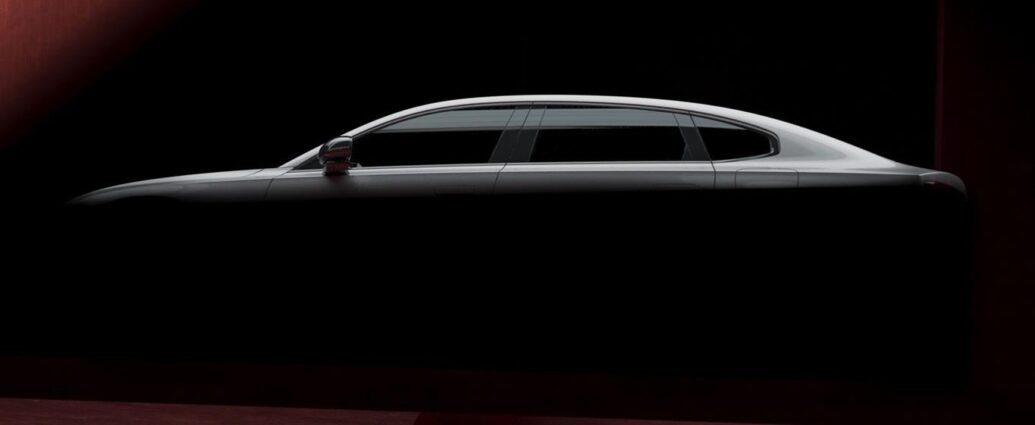Volvo Cars ditched its all-electric target for 2030, announcing it will still offer hybrid models alongside electric vehicles (EVs). This decision reflects industry-wide challenges: sluggish EV demand, a lack of charging infrastructure, and European tariffs on Chinese-made EVs.
Their revised plan aims for 90-100% of 2030 sales to be EVs or plug-in hybrids, with up to 10% being mild hybrids (electric power assisting combustion engines).

Hybrids are now seen as crucial for Volvo’s future profits. Their revamped XC90 hybrid arrives by year’s end. This shift aligns with a broader trend. Toyota, traditionally slow on EVs, remains committed to hybrids, launching new models. Similarly, Renault will continue hybrid production.
By 2025, Volvo expects 50-60% of sales to be electrified vehicles (EVs and hybrids). Previously, they aimed for at least half of 2025 sales to be pure EVs.
Volvo, an early EV advocate, urges policymakers to enact “stronger and more stable” government support for electrification.They also unveiled a new electric sedan concept, the ES90, showcasing their continued commitment to EVs alongside hybrids.

Limited EV range anxiety steers some buyers towards hybrids, often more affordable and convenient. Volvo, owned by China’s Geely, emphasizes adapting to market demands because the transition is not always linear. Customers and markets move at different paces.
Reference- Toyota newsroom, Reuters article, Carbonbrief.org, TOI






